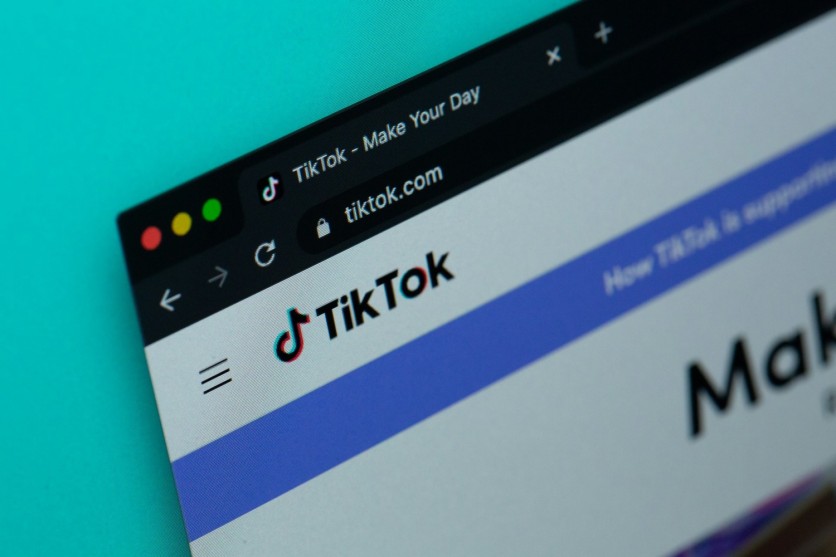TikTok, in its purest form, is a fun app to upload your latest dance steps and meme tracks. Outside its light side lies a sinister trail of misinformation that endangers the lives of the users, especially the young ones.
Since conspiracy theories and fake information are freely floating on the platform, TikTok was alerted to undergo necessary policy changes aimed at curbing them.
In an update to its "For You feed Eligibility Standards" page, the ByteDance-owned app outlined several new rules scheduled to take effect on May 17. Among these changes are stricter regulations targeting health misinformation and the dissemination of distorted information related to current events.
Combating Health Misinformation

One of the key updates focuses on combating health misinformation, particularly claims regarding unproven treatments for minor illnesses and the misrepresentation of scientific studies.
TikTok aims to prevent users from spreading false or misleading information that could potentially harm public health. Additionally, the platform will crack down on the circulation of repurposed media, such as misleading footage presented out of context.
One firm example of inaccurate health claims is the misinformation about liver disease. Tech Times reported in May 2023 that many TikTok users believe in the power of herbal products to "reverse" liver disease.
Other content said that the liver can be cured by eating mushrooms and even a beef liver.
Addressing Body Image Concerns
In response to growing concerns about body image issues, TikTok is introducing measures to limit the promotion of harmful weight management behaviors. This includes discouraging content that promotes extreme dieting practices, promises rapid weight loss through questionable methods, or advocates the use of potentially dangerous supplements like anabolic steroids.
Furthermore, the video-sharing app will take a firm stance against content that encourages elective cosmetic surgery without adequately addressing associated risks, Gizmodo notes.
Content Moderation On TikTok is Sketchy
These policy changes come amidst mounting regulatory pressure and legislative efforts to address concerns about TikTok's content moderation practices.
Congress is reportedly considering a bill aimed at divesting or banning TikTok, with the latest version of the legislation included in a legislative package addressing international aid. The proposed bill reflects growing concerns about the platform's influence and its potential impact on public discourse and societal well-being.
If TikTok can't effectively address the underlying issues that trigger misinformation, the potential ban is just waiting in the corner. Day by day, the platform is in danger of getting kicked out of the internet by failing to address these types of harmful content that pose dangers to users.
Just recently, the TikTok Lite app launched in France and Spain. Upon knowing that its "Task and Reward Lite" program poses concerns about child safety, the European Union (EU) requested to thoroughly run a risk assessment on the brand-new app.





